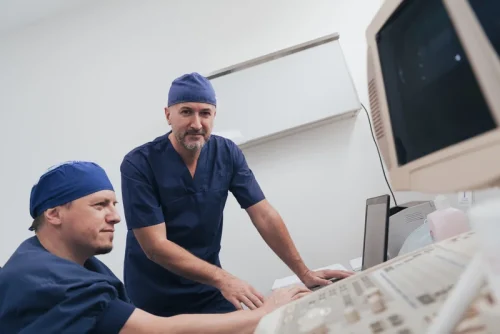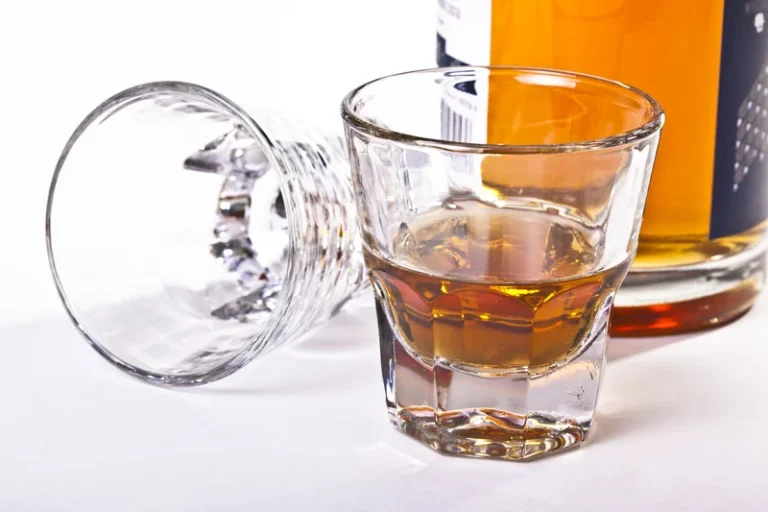
Our friendly staff will gladly offer advice and guidance to help you make the right decision to change your drinking habit and will answer any questions or concerns you may have. Remember, help is always at hand, and there are other options rather than attempting to do it alone. As previously mentioned, alcohol is an extremely addictive substance and is very hard to quit once you develop tolerance and dependence.
Getting Professional Help
Here are 10 effective ways to delay, control, and prevent alcohol cravings. This happens because drinking alcohol can release endorphins, or “pleasure” hormones, which evoke a feel-good effect. Because of this, some people find they’re happier, less stressed, and more sociable after drinking. Drinking can be a hard habit to alter because of how alcohol affects us. Research has shown that alcohol can change a person’s emotional state by inducing feelings of pleasure and relaxation and reducing tension and anxiety [1].
action: ‘healthbeat’
- An urge to drink can be set off by external triggers in the environment and internal ones within yourself.
- Because the side effects are typically mild and well-tolerated, it is usually prescribed for up to 12 months following alcohol abstinence.
- Elisabet Jerlhag at the University of Gothenburg notes that people with obesity tend to have less severe side effects while taking semaglutide than people who don’t have obesity.
- Learning to work through difficult emotions and handle these challenges in more productive ways can improve your relationships and overall well-being, not to mention help reduce the urge to drink.
A relapse begins when you start thinking it’ll be different this time than before. You’ll justify giving in to your craving by saying, “It’ll only be one. I’ve worked hard and deserve this.” You often forget about the consequences of drinking the longer you’re sober. You might even forget about what happened the last time you relapsed. Cravings can be extremely strong and may cause you to feel restless with little concentration or purpose. You may also experience other symptoms along with the craving for alcohol, such as anxiety, irritability, unable to sleep, or feeling bad-tempered.
- Although sometimes cravings may appear to simply come out of nowhere, they are usually the result of a situation, feeling, or memory that one has about former alcohol use.
- Recognizing the signs of alcohol cravings is a crucial part of managing them.
- However, it’s possible to manage these urges effectively with the right strategies and mindset.
- Heavy alcohol consumption is linked to thiamine, vitamin B12 and folate deficiencies.
The Third FDA-Approved Medication
Ozempic may not work against alcohol for everyone, including people who don’t have obesity. But for scientists who study GLP-1 drugs, this striking side effect was exactly what they expected. “It’s really not surprising,” says pharmacologist https://ecosoberhouse.com/ Elisabet Jerlhag. Consuming alcohol can produce chemical imbalances within certain neural circuits in the brain. You’ve decided to cut back on your drinking, but this has proven to be more challenging than you anticipated.
Distraction and Substitution Techniques
When the brain becomes accustomed to alcohol’s effects on neurotransmitters—chemical messengers like dopamine and GABA—it needs more of it to get the same effect. This forms part of the cycle of alcohol addiction and contributes to the intensity of cravings. Cravings are response patterns that can be induced by these and other triggers. Although sometimes cravings may appear to simply come out of nowhere, they are usually the result of a situation, feeling, or memory that one has about former alcohol use. Positive Recovery’s community and resources can serve as a vital part of this support network, offering guidance, support, and a sense of belonging to those on the path to recovery.. Humans are not meant to live in isolation, but it could be the quickest path to relapsing for those in recovery.
Contact a mental health professional

The clinical services offered through this website are provided by Bicycle Health Medical Group, PA and Bicycle Health Provider Group Inc., that are independent, physician-owned medical groups. For more information about the relationship between Bicycle Health, Inc. and the Bicycle Health Medical Group, PA and/or Bicycle Health Inc. and the Bicycle Health Provider Group Inc., click here. Remember that supplements and nutrition should be part of a broader, multifaceted approach to recovery, and always consult with a healthcare provider before starting any supplement regimen. It could be that after that time, your craving will have already passed. Once you identify the cues, routines, and rewards that keep your habit loop on a repeat cycle, you can experiment with new routines that yield even more fulfilling rewards. If you’ve ever tried to break any habit, you probably know it’s often easier said than done.
The more you drink, and the more often, the more your brain adapts to the presence of alcohol. However, many people experience them as intense stress or anxiety if they cannot drink. Cravings may also be accompanied by physical signs, such as sweating or changes in heart rate and blood pressure. Whether it’s you or someone you care about who has alcohol addiction, it’s essential to know that recovery is a process that begins with deciding to get help. If you’re attempting to help someone who has alcohol addiction, approach them with compassion and understanding.

A positive distraction can help occupy your thoughts and energy, giving you something to focus on besides the urge to drink. “Alcohol cravings can be very intense, especially in early recovery,” explains Ruby Mehta, licensed clinical social worker and director of clinical operations for digital recovery platform Tempest. You must remind yourself that the craving will dissipate on its own, making it easier to get through those minutes without giving in and picking up a drink. Researchers haven’t compared medication alone to psychotherapy alone, and results are mixed as to whether combining the two provides greater benefits than either one alone. Some studies suggest that simply getting help — whether through medication, counseling, or both — is what matters for successful management of this addiction. How you achieve that behavior change can vary from one person to another.
- Knowing that you have options about how you respond to cravings is an essential part of maintaining your recovery goals—whether you’re cutting back or quitting completely.
- Your doctor may be able to recommend medications, supplements, or therapy to alleviate your symptoms.
- Psychologically, the memories of enjoyable past drinking experiences intensify the craving.
- In some cases, cravings may only present themselves as thoughts about alcohol.

If you know how to manage cravings, you won’t return to drinking when triggers arise. Some people with mild alcohol use disorder may find that cravings stop shortly after discontinuing alcohol use. For others with more severe use disorders, cravings may be present life long. For curbing alcohol cravings most people, craving severity fades over time, but the amount of time that people report feeling cravings varies from individual to individual. People in sustained/long term recovery have developed strategies to manage their cravings, and their chances of relapse are much lower.
